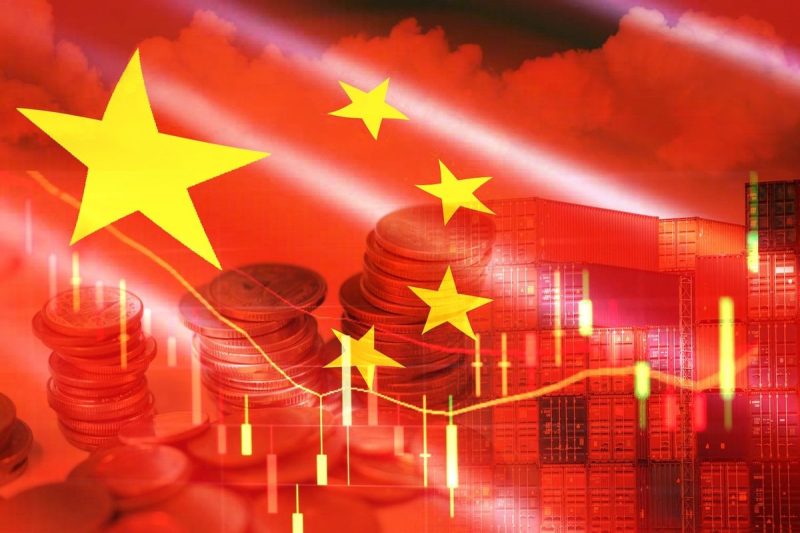
China Tightens Grip on Crucial Minerals Trade Amid US Chip Regulations
China’s Decision to Restrict Key Critical Minerals Exports: Implications and Reactions
The recent move by China to restrict exports of key critical minerals has sent ripples through the global economy, particularly in response to U.S. controls on chip imports, leading to concerns and reactions from various stakeholders. China’s decision to tighten its grip on the exports of critical minerals such as rare earth elements and tungsten has raised questions about the implications for industries heavily reliant on these materials.
The restrictions imposed by China come as a response to the U.S. government’s controls over semiconductor imports, a move aimed at reducing dependency on Chinese products. The interplay between these two economic powerhouses has created a ripple effect, prompting concerns about supply chain disruptions and potential price increases for critical minerals essential in high-tech manufacturing.
The decision by China to restrict exports of key critical minerals is seen as a strategic move to assert its dominance in the global market, as the country holds a significant share of the world’s reserves of these minerals. By controlling the export of these materials, China can leverage its position to gain influence in trade negotiations and potentially force other countries to comply with its demands.
The implications of China’s restrictions on critical mineral exports are far-reaching, especially for industries that rely heavily on these materials. The semiconductor industry, in particular, is likely to be significantly impacted, as rare earth elements are essential in the production of high-tech components. With China tightening its export controls, semiconductor manufacturers may face supply chain disruptions and increased costs, potentially leading to delays in production and higher prices for consumers.
The move by China has sparked reactions from various stakeholders, with some expressing concerns about the potential consequences of these restrictions. Countries heavily reliant on Chinese imports of critical minerals are now looking for alternative sources to mitigate the impact of China’s export controls. This has led to increased efforts to diversify supply chains and reduce dependency on a single source for these essential materials.
In conclusion, China’s decision to restrict exports of key critical minerals in response to U.S. chip controls has significant implications for the global economy. The interplay between these two economic giants highlights the complexities of international trade dynamics and the importance of secure and diversified supply chains. As industries navigate through these challenges, it is crucial for stakeholders to adapt and innovate in order to ensure continuity and resilience in the face of changing market dynamics.
